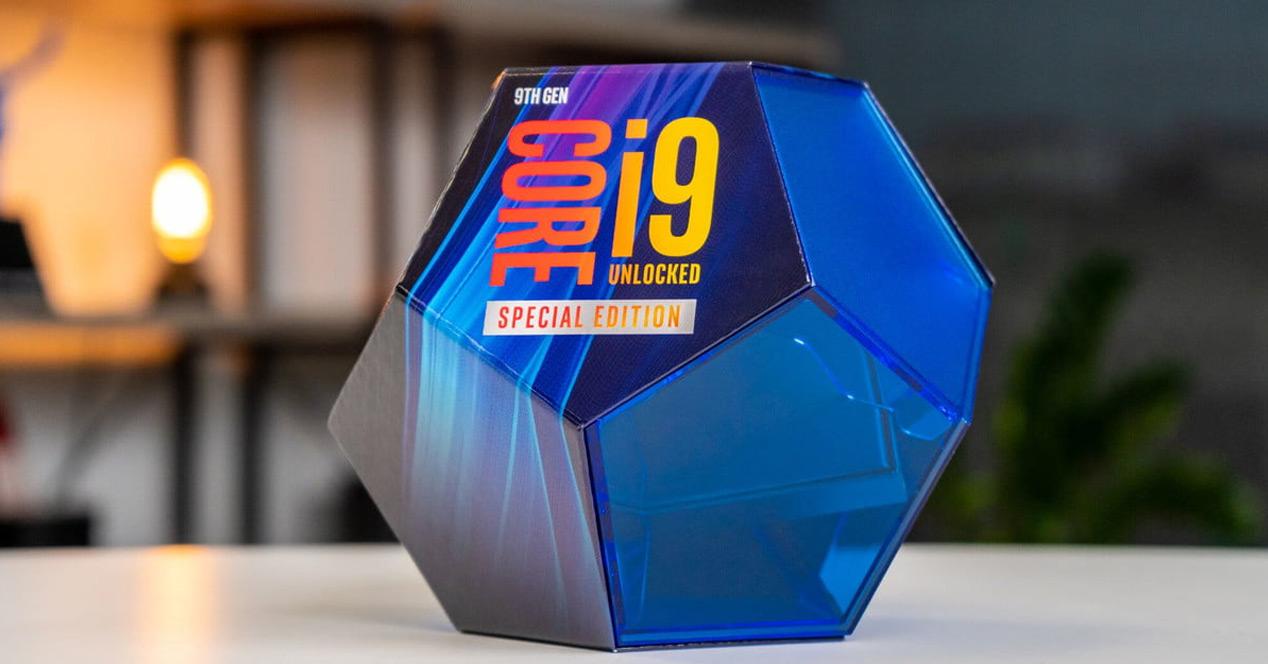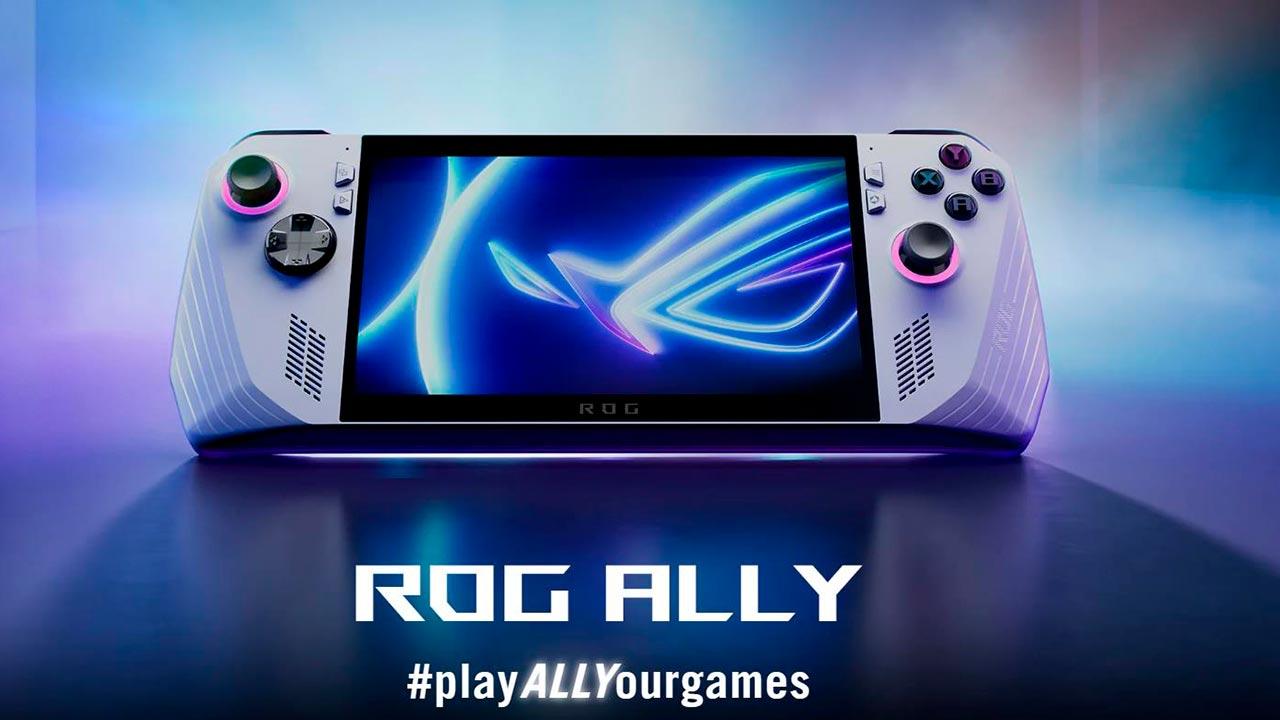Core i9-9900KS is a desktop processor that is considered to be premium grade (though not HEDT), since 8 cores and 16 threads process (technically HyperThreading) work on 5 GHz turbo speed except for extreme swimming and all of its cores (9900K also reaches 5 GHz, but not all cores, because where it sits at 4.7 GHz).
We should also remember that it has some ambitious TDP, because if the Core i7-9900K has 95 watts of TDP, this Core i9 has 127 watches
Price and end of life
It is quite surprising that Intel has taken this decision install the processor in EOL where he has only 4-5 months of life in the market, but we must also remember that in theory the company introduced the market as a commodity restricted, so it's not something that should be very surprising.
It should also be remembered that there is currently no official announcement from Intel about it, but it would seem that following the historic market price that its stock has dropped, while its price has increased

As you can see in the graph above, the processor was presented at a price of more than 560 euros, but is currently about 650 euros, representing an increase of around 90 euros in relation to its head price
In fact, these are average prices, because there are stores like Amazon for example where they have no stock, and they only sell units of other third-party sellers at ridiculous prices, about 900 euros.
What will happen to the Core i9-9900KS from now on?
Of course, this is one of the best gaming modes that can be bought right now, but at this price point we can say that totally dropped from the budget of any gaming PC it makes sense

This means that if you haven't bought this processor yet, it will be nearly impossible to find it at a regular price without a second hand market. And it's quite a shame because as we mentioned it is one of the best gaming systems available right now, but to pay its current price you can go to Width of HEDT, with high quality goods.
In other words, we no longer have to worry about this processor, especially when the next-generation LGA1200-based device is just around the corner.








